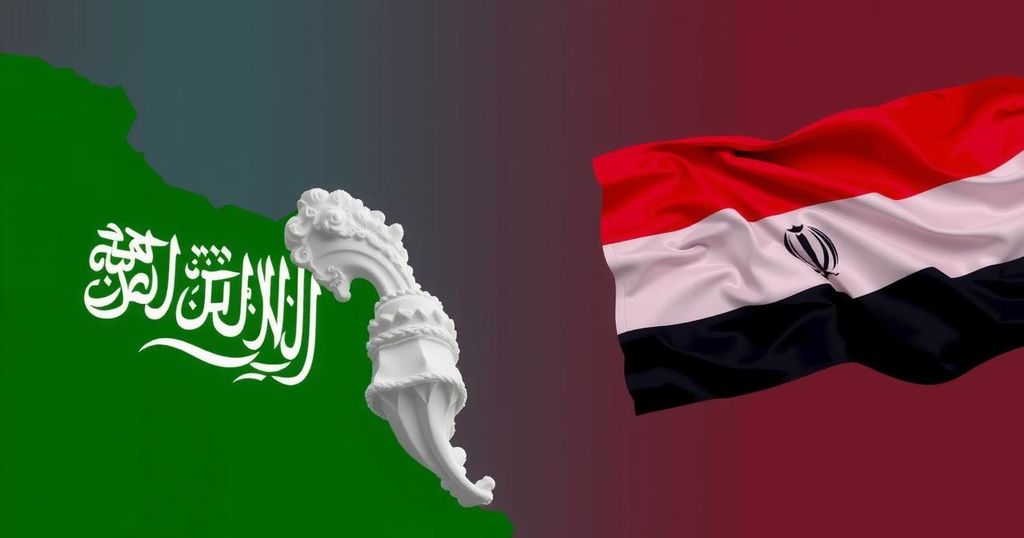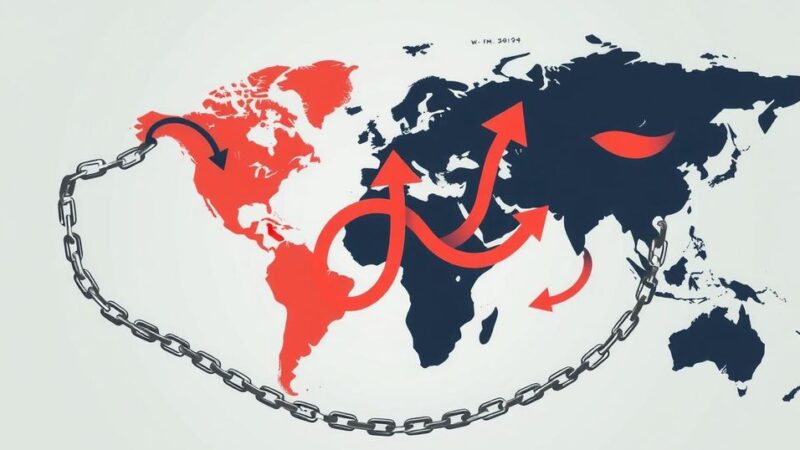Saudi Arabia, the UAE, and Egypt have displayed a surprising shift in their diplomatic responses to Israel’s military actions against Iran, moving away from traditional condemnations to a more measured articulation that emphasizes regional stability and cooperation, indicating a potential for a strategic realignment based on mutual security interests.
In an increasingly complex geopolitical landscape, Saudi Arabia, the United Arab Emirates (UAE), and Egypt are demonstrating a subtle yet significant shift in their diplomatic stance towards Israel, particularly in relation to its recent military actions against Iran. Contrary to the expected responses, which typically involve vehement denunciations, the reactions from these countries are marked by a noteworthy restraint and a focus on broader regional stability rather than direct condemnation of Israel. The UAE’s statement, while expressing disapproval of the military action against Iran, emphasizes the importance of dialogue and international law over outright criticism of Israel, suggesting an alignment with diplomatic engagement. This mirrors its ongoing cooperation with Israel through the Abraham Accords. Saudi Arabia’s response also refrains from overtly condemning Israel, framing the strike as a “violation of sovereignty” but underlining the necessity of security for all regional actors. This carefully calibrated rhetoric reflects a strategic evolution within Riyadh, allowing for a degree of silent alignment with Israel in its mutual concerns regarding Iran’s influence. Egypt, too, adds a layer of diplomatic realism to the discourse, warning of potential confrontations that jeopardize regional and international security, thus broadening the narrative beyond Israel’s actions to encompass the need for collective stability. This pragmatic approach highlights Egypt’s longstanding role as a mediator in the region, reflecting its interests in maintaining security along its borders. Together, these coordinated responses hint at a possible realignment in the Middle East, whereby historical divisions are giving way to a shared understanding of mutual security interests against the backdrop of an increasingly assertive Iran. As Saudi Arabia, the UAE, and Egypt navigate this nuanced diplomatic terrain, the traditional paradigm that characterized their interactions with Israel may be evolving towards one where Israel is perceived as a strategic partner, rather than merely a rival.
The relationship dynamics in the Middle East are often characterized by complex alliances and longstanding rivalries. The recent military action by Israel targeting Iranian sites has elicited unique responses from pivotal regional players—Saudi Arabia, the UAE, and Egypt—who have historically held reservations regarding Israel. However, the current geopolitical climate, especially concerning the perceived threat from Iran, has prompted these nations to re-evaluate their positions, balancing their support for Palestinian statehood with a growing recognition of Israel’s strategic role in countering Iranian influence. This shift indicates a potential new phase in Middle Eastern diplomacy, where pragmatic concerns may overshadow longstanding ideological divides.
The reactions from Saudi Arabia, the UAE, and Egypt to Israel’s military actions against Iran reflect a significant diplomatic evolution. By emphasizing stability and the necessity for dialogue over direct condemnation of Israel, these nations indicate a tentative realignment in their foreign policy approach. This development suggests a growing recognition of Israel as a necessary player in addressing regional security challenges, particularly concerning Iran. As such, these carefully articulated responses may foreshadow the emergence of a more nuanced relationship, fostering collaboration amongst traditional adversaries in pursuit of shared interests.
Original Source: www.jpost.com







